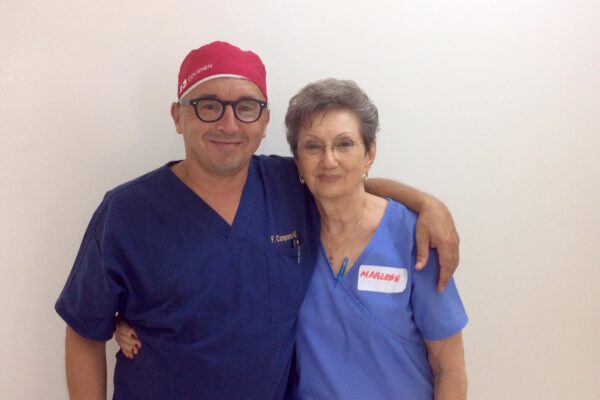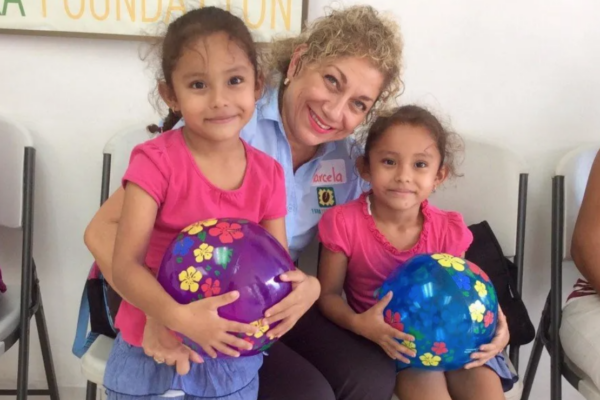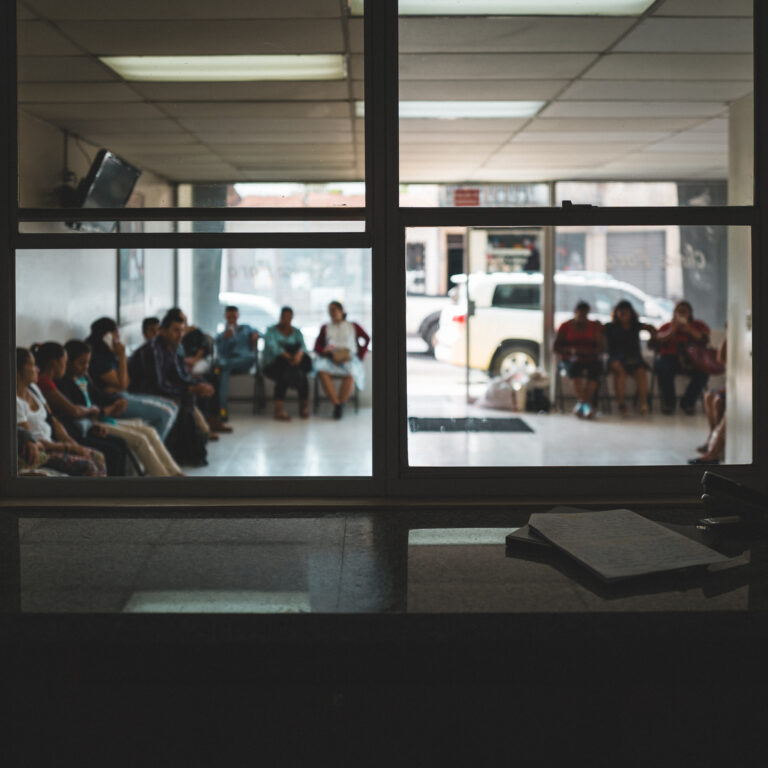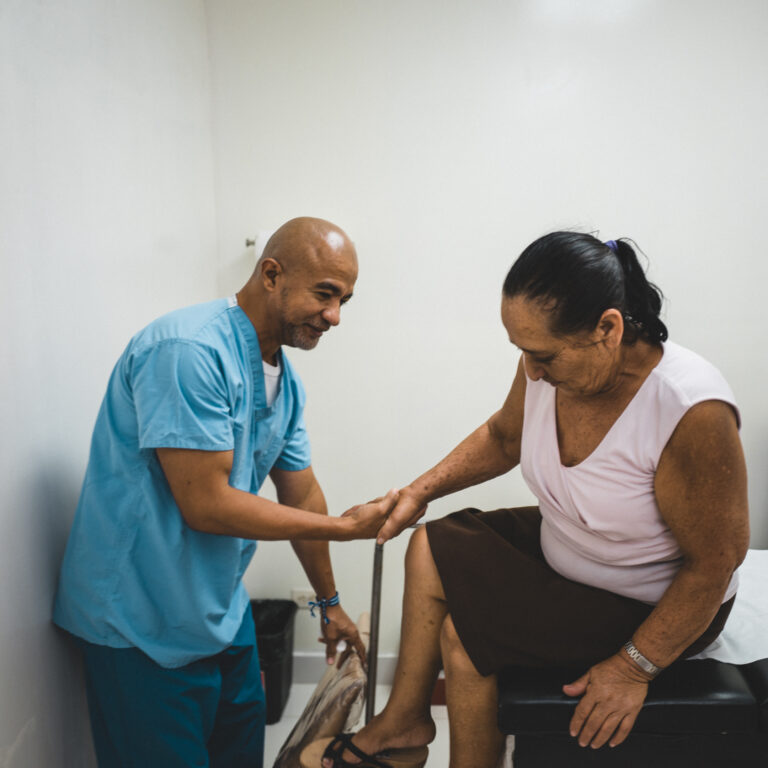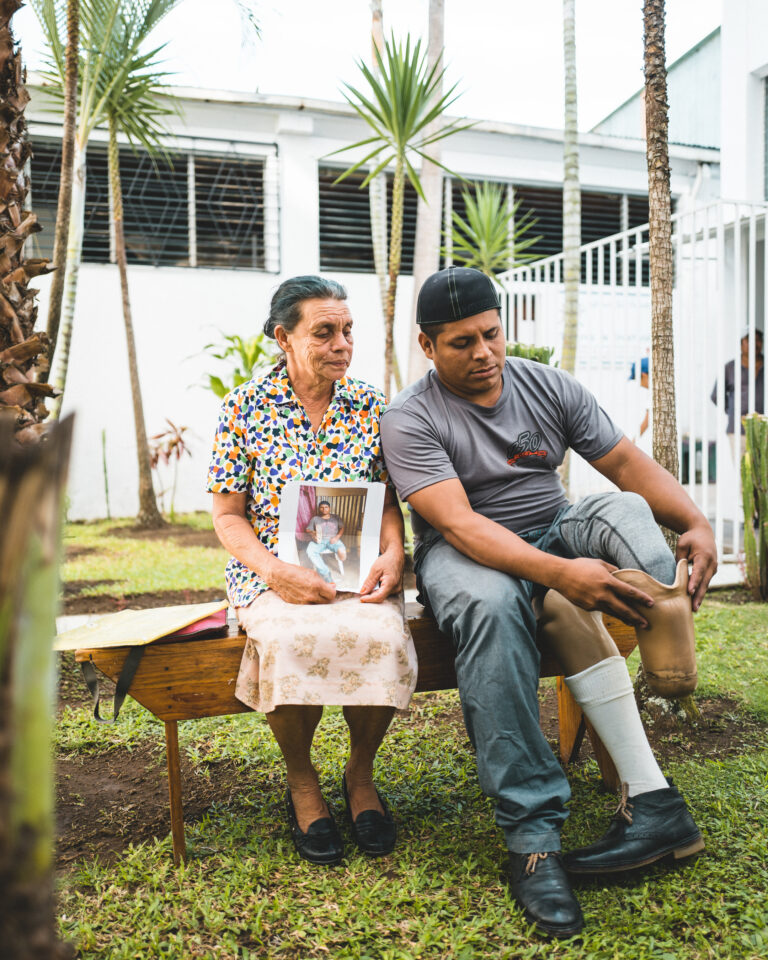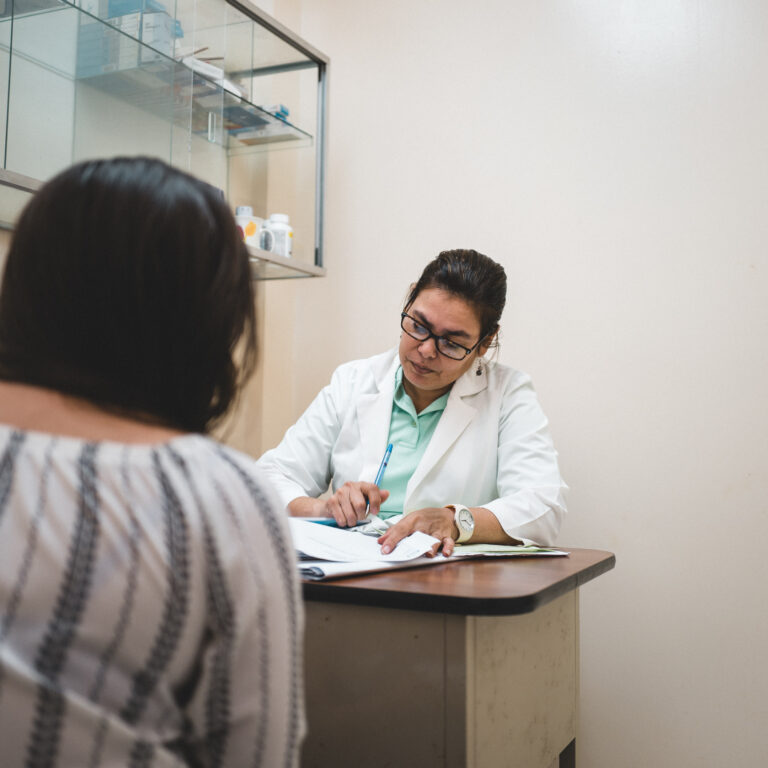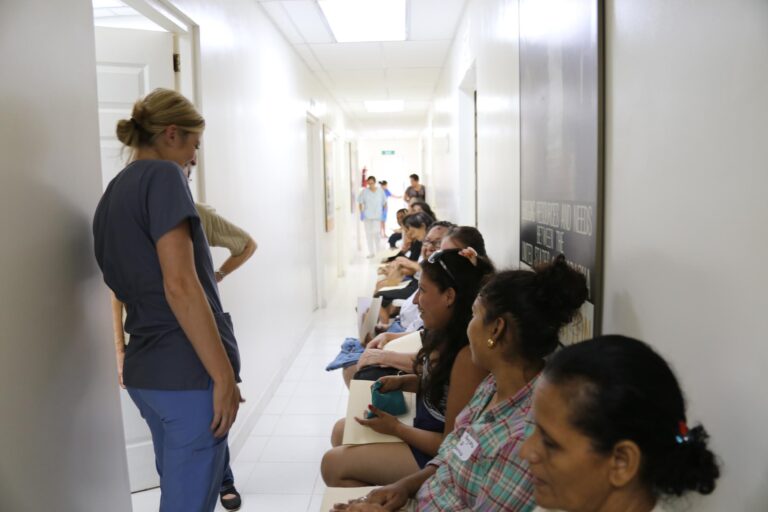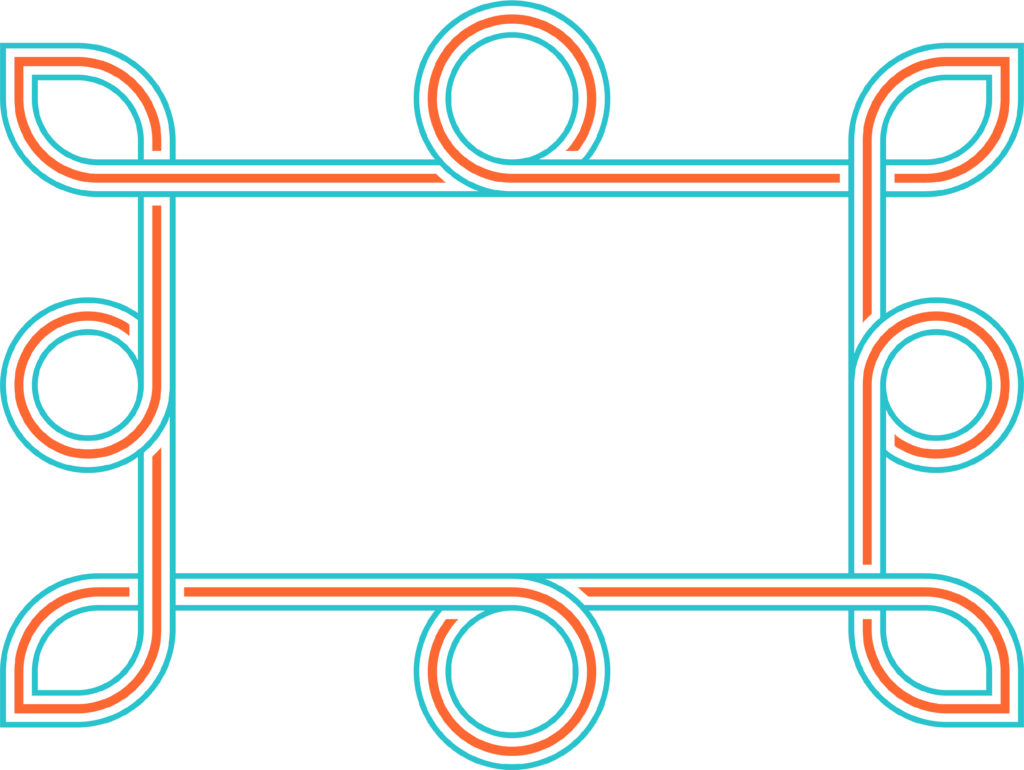FARA CLINIC
Fara Clinic opened in late 2010 in Matagalpa at Antiguo Edificio Rosalinda
(tel: 505-2772-7080) and quickly became a healthcare hub in Nicaragua. By end of year, our then-6,000 square foot clinic was admitting 40 patients per day. By 2017, that number had more than doubled to 100 per day, with an additional 2,000 patients reached monthly through follow-up care. The expertise of our medical staff, both onsite and visiting, has made Fara Clinic the regional referral hub for dozens of facilities that lack state-of-the-art medical equipment and testing capabilities such as ours.
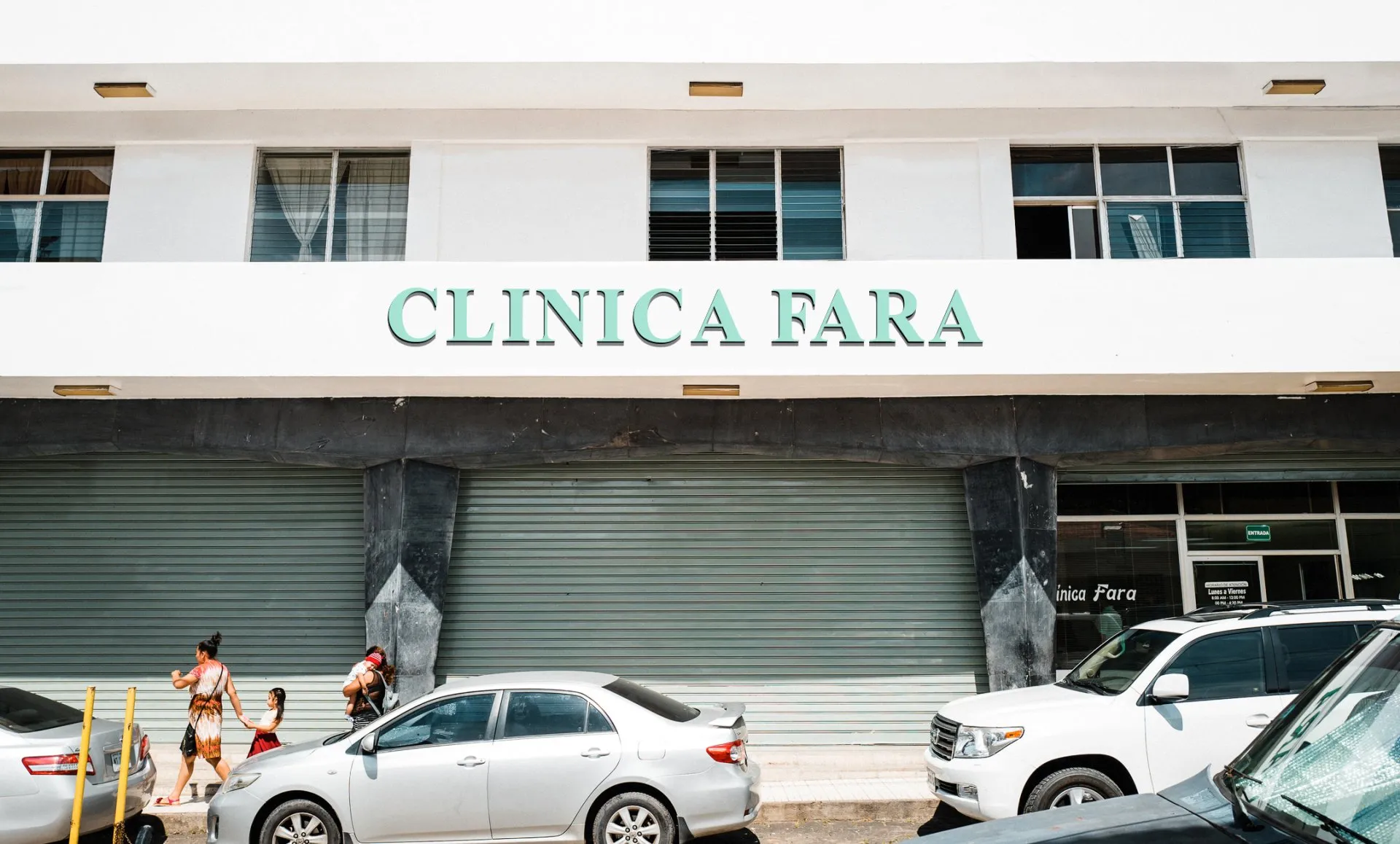
To accommodate the demand, in 2012 and 2013 we expanded to 8,000 square feet, and today we employ a staff of 12, including two GPs, a twice-monthly gynecologist, dentist and hygienist, nurse practitioner and nurse’s assistant, social worker, receptionist, office manager, foundation administration and outreach/cancer consultants. Our facilities include dental office; GP exam rooms; gynecological exam room; breast exam/ultrasound room; procedure room; two large operational rooms (used for visiting medical brigades); pharmacy; large waiting room; and check-out area.
Although Fara Clinic provides overall healthcare, our fields of focus are: cervical and breast cancer, vascular disease, pediatric wellness (particularly the hearing and visually impaired) and dental care. We charge only $1 per visit ~ and $0 for those who have nothing. Many hard-working Nicaraguans couldn’t afford the care otherwise.
We are particularly proud of the progress we’re making in prevention and early detection of breast and cervical cancers. Cervical cancer is the number one killer of women over age 30 in Nicaragua, and breast cancer is the number two killer (third is colon cancer). Although we are an American nonprofit, our donors and visiting doctors hail from around the globe, including Italy, Ireland, Argentina and Brazil, and our patients come from all over Nicaragua as well as neighboring countries. As such, we are very much a bridge between regional needs and the global resources.
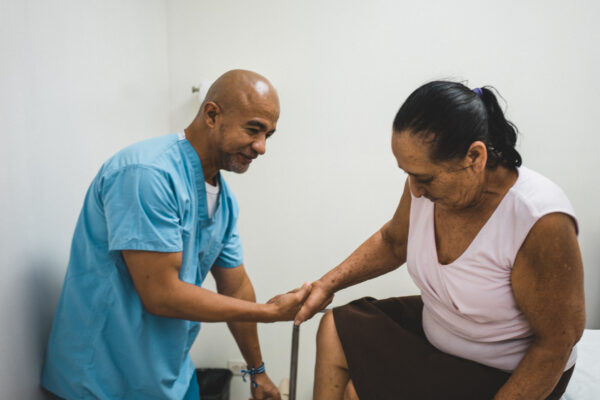
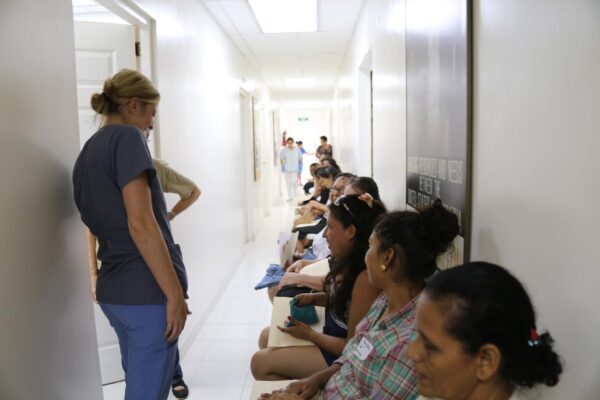
“Cervical cancer is preventable,” says co-founder Maria Farahani, an American whose family has grown coffee in the region since 1912. “And through our outreach programs and services at the clinic, we have tried to create a culture of women being aware of this potentially life-threatening disease. It can be prevented with annual pap smear, or if the cells are pre-cancerous we can treat it.
Since we opened, Fara Clinic has discovered (and treated) literally hundreds of cases that would have developed into full-blown cervical cancer, which says we’re making progress in this area.” (*Maria’s concern over skyrocketing cervical cancer deaths in recent decades is a primary reason the clinic was founded.)
Fara’s gynecologist screens scores of women each month for the disease, making physical and PAP exams. For those presenting with dysplasia of the cervical cells (or pre-cancerous cells), we treat immediately through cryo or LEEP therapy, both easy outpatient procedures, and our GP can perform fine-needle biopsies and cystoscopies if needed. We screen for breast cancer with ultrasound and physical exam, and upon detection we refer full-blown cancer patients to our regional hospital or the cancer hospital in Managua.
Another major part of our mission is hosting international doctors and specialists ~ both to treat patients and train our staff on the latest techniques and technologies ~ and frequently these brigades bring/donate cutting-edge equipment, from ultrasound machines to laser and foam technologies for vascular patients to pediatric hearing aids. Each year, the foundation hosts four to six medical brigades targeting deadly varicose-vein disease, a severe threat to laborers and the working poor. Our brigadas work mostly at the clinic but sometimes spill into neighboring medical facilities, even recruiting or seeking out patients and at-risk individuals. Since these brigades began more than eight years ago, we have treated upwards of 10,000 vein-disease and leg-ulceration patients, many of whom would have died without treatment. Among our most devoted supporters are Global Partners/Gunderson Lutheran Healthcare Systems, based in Wisconsin, without whom much of our breast cancer program would not be possible. We also deeply appreciate the contributions of Amigos de Salud and our many visiting medical staff.
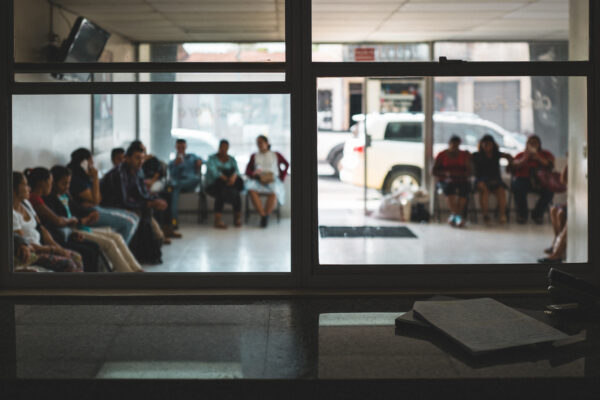
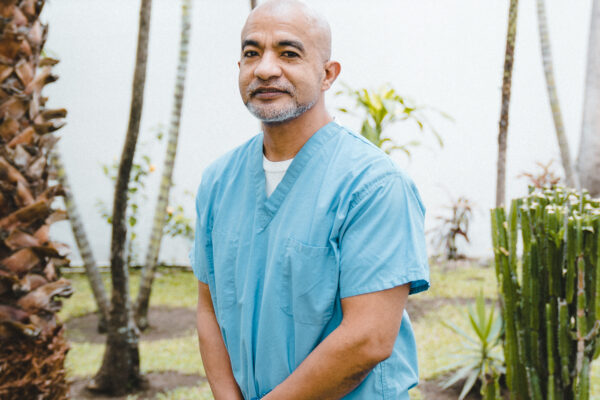
“We have help from some wonderful people,” one foundation staffer says. “Before we even opened the clinic, we had Austin Smiles come down and perform cleft-palate surgeries, and now we’re working with vascular and cancer specialists from all over the world, and we’re helping thousands and thousands of people. We’re now the central referral hub for a lot of doctors and other facilities. So, we’ve created a little network there.”
It’s difficult to translate these services into dollar amounts (or cordoba, the currency of Nicaragua), but there is one tangible for Fara Foundation and its ever-expanding clinic: Our dream of bridging international resources with the needs of Nicaraguans became a reality when we opened our doors back in 2010. We continue to serve all who pass through those doors.
